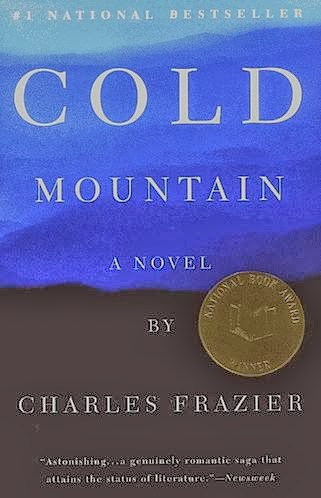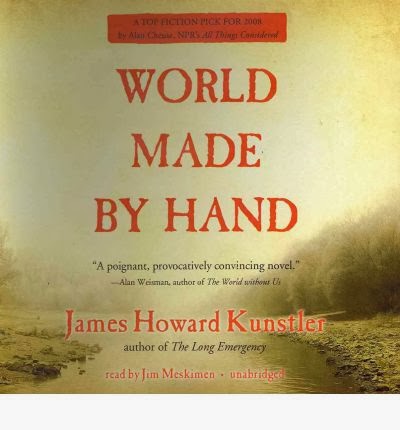 One-Sentence Summary: A children's book and framework tale in which a little prince shares the story of his journey with a downed fighter pilot in the African desert.
One-Sentence Summary: A children's book and framework tale in which a little prince shares the story of his journey with a downed fighter pilot in the African desert. Subtitle: Feels You Didn't Know You Had
Excerpt:
"Goodbye," said the fox. "Here is my secret. It's quite simple: One sees clearly only with the heart. Anything essential is invisible to the eyes."My incredible boyfriend gave this to me for a Christmas gift, along with a $10 gift certificate to an antiquarian bookstore with a $5 admittance fee, and my own film camera. I'm always telling him to read things and as he despairs beneath a pile of to-be-reads from which, at this point, he could easily construct a book igloo, it is the rare and exciting moment that comes along when he can tell me to read something I've never read before. Because he is not six years old, he stops just short of leaping up and crying "A-HA" when the words "I've never read it" fall from my mouth, but just. The reaction was different with The Little Prince, though. It came up in conversation and he seemed truly struck and even disheartened that I'd never been exposed to it before. Months after that initial conversation had passed into forgetfulness, I opened my Christmas gift to find my very own copy. For me, there is no love like the sharing of a story that is close to your heart. It is a jewelry box, lying open, waiting to be plundered, hoping that its pieces are instead loved and respected. Reading The Little Prince was beautiful two-fold. First, it was a wonderful, wonderful story that I am so glad to now have in my heart and mind- Second, it was a reminder that the young man who loves me is full of a rare and wonderful light, and I am so very lucky to have it brighten my life.
"And I realized I couldn't bear the thought of never hearing that laugh again. For me it was like a spring of fresh water in the desert..."
---
"People have forgotten this truth," the fox said. "But you mustn't forget it. You become responsible forever for what you've tamed. You're responsible for your rose.""I'm responsible for my rose..." the little prince repeated, in order to remember.This is the story to tell in dark times. De Saint-Exupery, the man who wrote it, was a French fighter pilot in World War II, who died only a year after the publication of The Little Prince, which was his master work. On the phone last night, the boyfriend and I got into speaking about it when I called to thank him for what was potentially the loveliest Christmas gift I have ever received. Exupery brought me back to Roald Dahl, a much beloved writer of similar background. These two men had both seen incredible darkness by the time they came to the table to write their most loveliest stories. They had seen blood and death and skies on fire, but it remained that those experiences were not the most important thing they shared. "How did they protect the wellspring from where such child-like wonder and goodness flowed," we asked ourselves.
It occurred to us both, even upon wondering, that it was perhaps their defense against the vicious world gone mad, that their exposure to great darkness allowed them to recognize those things that truly generate great light: the love of the Buckets in Charlie and the Chocolate Factory, the friendship of The BFG, the gentle care of the volcanoes and rose in The Little Prince, and so on and so forth. In a very complicated world, they detected what was vital in the landscape and found that the components of happiness were very simple indeed.
I look forward to having the opportunity to share this book with individuals both young and old that come across my path in the future. Its relevance is timeless. Best described as pure, The Little Prince does nothing if not reignite in the reader their sense of wonder.
I Recommend This For: Human Beings
New Goal: Read this in French












